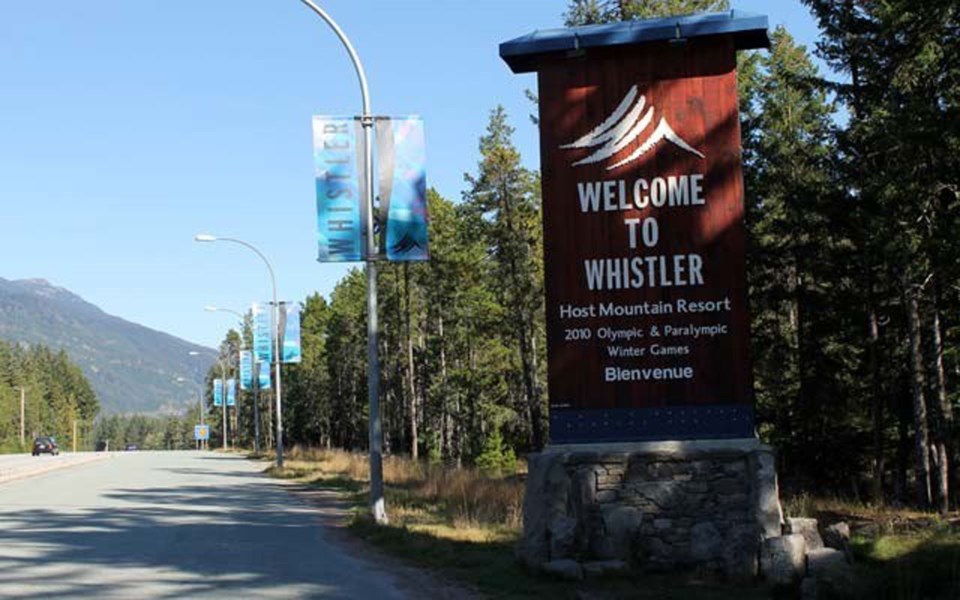The other week, I had the very challenging task of condensing long-time Pemberton resident Shirley Henry’s life into a single story.
She was the village’s longest-serving mayor, she volunteered, spearheaded, and ran a mind-boggling number of community organizations, and she sat on a variety of boards until her passing on Sept. 28.
While I didn’t know her well, I certainly knew of her reputation as a tireless volunteer and a shining example of how to be part of a community.
You can imagine my shock, then, when her son, Mike, told me during an interview that when she first arrived 56 years ago, Shirley had initially been a little uncertain about her move to what was then (and maybe still is to some) the middle of nowhere.
It was eerie how much it mirrored my own arrival to the corridor. I didn’t find out exactly how Shirley transformed from reluctant community member to someone whose name is synonymous with that community, but I can imagine it well.
Since that story, I’ve been thinking a lot about the value of putting down roots in a community—particularly a small one.
For most of my 20s, I couldn’t stop moving. Settling down felt like death—of my career, my personal progression, my life. I was gripped by fear at the thought of becoming stagnant.
Over 18 years, I have lived in eight different towns or cities and at least 15 different apartments or houses. But whether it’s progress or stagnation, I’ve been working in the same little office in Function Junction going on eight years.
And in some ways I might have stagnated. But I’ve also learned that there’s a lot to gain by staying put and getting to truly know a community.
The other day, for example, I ran to get contact lenses at Whistler Eye Clinic. The person who greeted me at the door knew who I was and what I was there for without me even having to open my mouth.
Afterwards, I went over to Forecast to grab some lunch. “Oh, I didn’t recognize you with a mask on,” the person working the till said.
Out from the back came a cook, who used to oversee another neighbourhood coffee shop years ago, to say hello.
These interactions, while short and small, go so far to make you feel connected to a place—like you’re part of something, you’ve built a home. There’s something comforting in imagining that you’re a peripheral character in many people’s stories.
You might hit a lower ceiling in your career than if you were to move on to bigger places, but as Shirley’s life proved there is another option: stick around and build opportunities; leave things better than you found them.
Reading over her list of accomplishments and contributions over five-and-a-half decades, I couldn’t help but feel inspired. There’s something strangely appealing about the idea of facing death and knowing that your legacy is woven into the fabric of your community.
After all, at the end of the day, will people remember you for your personal accomplishments or what you gave to those around you?
This isn’t an official proclamation that I plan to stay in the corridor forever. Rather, it’s a declaration that I Officially Understand the value and appeal of staying in one small town for decades—something I certainly couldn’t say eight years ago when I first arrived here.
So here’s to all the remarkable community members in both Whistler and Pemberton that I’ve met (and interviewed) during that time.
Whether I plant my roots here or elsewhere, I’ll never forget the important lesson you’ve taught me.




